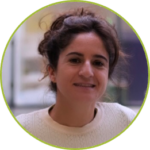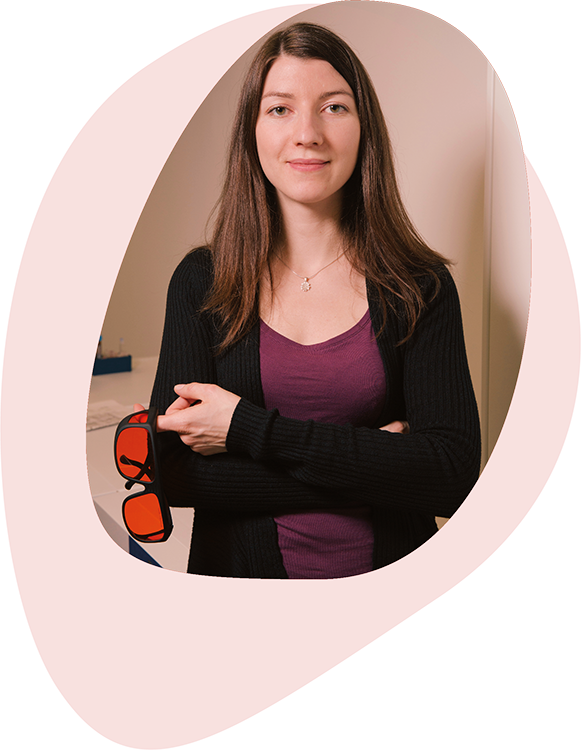

Virginia Puente
Development of biomolecular tools for the spatiotemporal photocontrol of protein-protein interaction
Interdisciplinary Institute for Neuroscience // Bordeaux, France
Q&A Session III // Friday, October 30 // 8.15 am – 9 am (CET)

With the purpose of controlling locally, acutely and in a reversible manner the interaction between proteins we have developed original biomolecular tools based on optogenetics. These approaches will be effectively applied with spatial and temporal precision on selectively targeted individual cells and they will work based on two strategies: by reversibly immobilizing proteins by light, or light-controlling the binding state (association / dissociation) of proteins.
The design and production of these tools have involved molecular/cell biology, biochemistry and protein engineering for later on, validating them in heterologous cells by Advanced Fluorescence Techniques, among all, FRET-FLIM. For performing the experiments with this method, a novel FRET-pair with high efficiency and dynamic range has been carefully selected and validated providing specific information about the protein interaction.
Once the tools will be fully characterized in heterologous cells, we will test their functionality in a more complex biological system by performing u-PAINT experiments in neurons and brain slices. Those steps will be optimal for ensuring that our tools will effectively address current technical limitations in neuroscience and could allow investigating questions from further biological disciplines.









